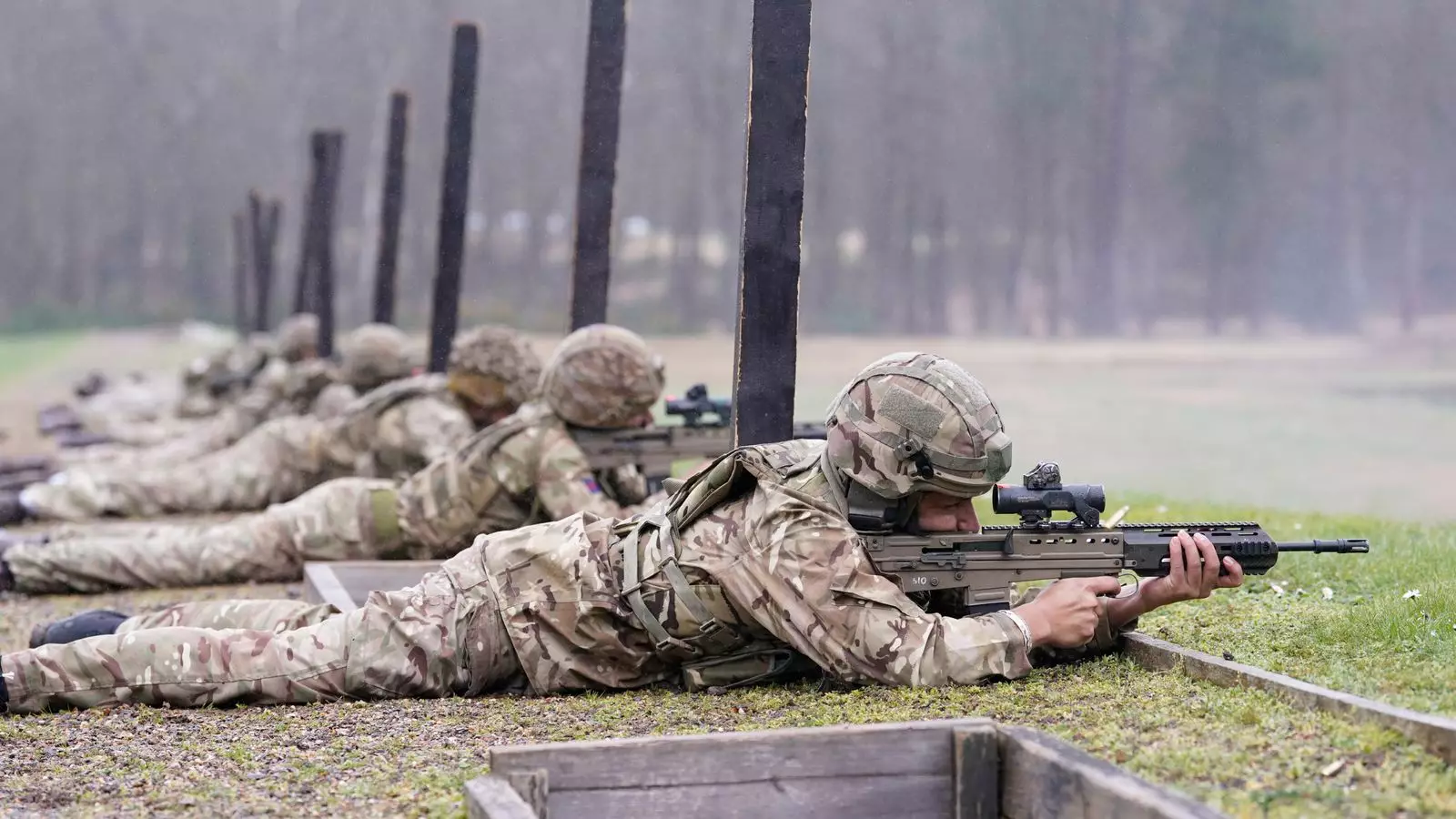The UK’s former defense minister, James Heappey, recently expressed his concerns about the nation’s lack of preparedness for war. He highlighted how many departments declined the opportunity to participate in a “whole of government” exercise aimed at practicing evacuation procedures to a bunker in the event of war. This exercise was intended to update and refine procedures that are currently out of date. However, the lack of participation from key departments demonstrates the alienation of the idea of armed conflict in Whitehall.
Recent revelations by Sky News exposed that the UK does not have a national plan for the defense of the nation or the mobilization of its resources in the event of war. This lack of preparedness is especially concerning given the renewed threats of conflict from various parts of the world. As officials begin to develop a cross-government “national defense plan,” it is clear that a shift towards a Cold War-style footing would require a truly national effort from political leaders.
Heappey emphasized the need for a new focus on strategic resilience, including securing food and energy supplies, repurposing industries for weapon production, and allocating more funds for defense. He pointed out that the trend towards global instability could potentially lead to a new cold war or even a hot war. By preparing for war now through increased defense spending and strategic resilience, there is a greater chance of maintaining peace in the future.
Lessons from Sweden
Heappey commended Sweden for its proactive approach to preparing its citizens for potential conflict. He shared his experience of receiving a booklet from the Swedish civil defense minister outlining citizens’ roles during wartime and the necessary provisions to have. This demonstration of national preparedness served as a stark contrast to the UK’s current state of readiness, highlighting the significant gap between the two nations.
The former defense minister pointed out that during the Cold War, all secretaries of state had designated spaces in bunkers, not for personal survival, but to ensure the continuity of government functions during wartime. However, this practice has faded over time, with many current cabinet ministers potentially unaware of the location of their designated bunkers. The network of bunkers established during the Cold War era has largely fallen into disuse since the end of the Cold War in the 1990s.
Heappey’s critique of the UK’s lack of preparedness for war serves as a wake-up call for national leaders and policymakers. The outdated procedures, lack of participation in critical exercises, absence of a national defense plan, and neglect of Cold War-era practices highlight the pressing need for the UK to reevaluate its approach to national security and readiness for potential conflicts. Only through a comprehensive and concerted effort to prioritize strategic resilience, increase defense funding, and revive key defense practices can the UK hope to maximize the chance of maintaining peace in an increasingly unstable global landscape.

Leave a Reply